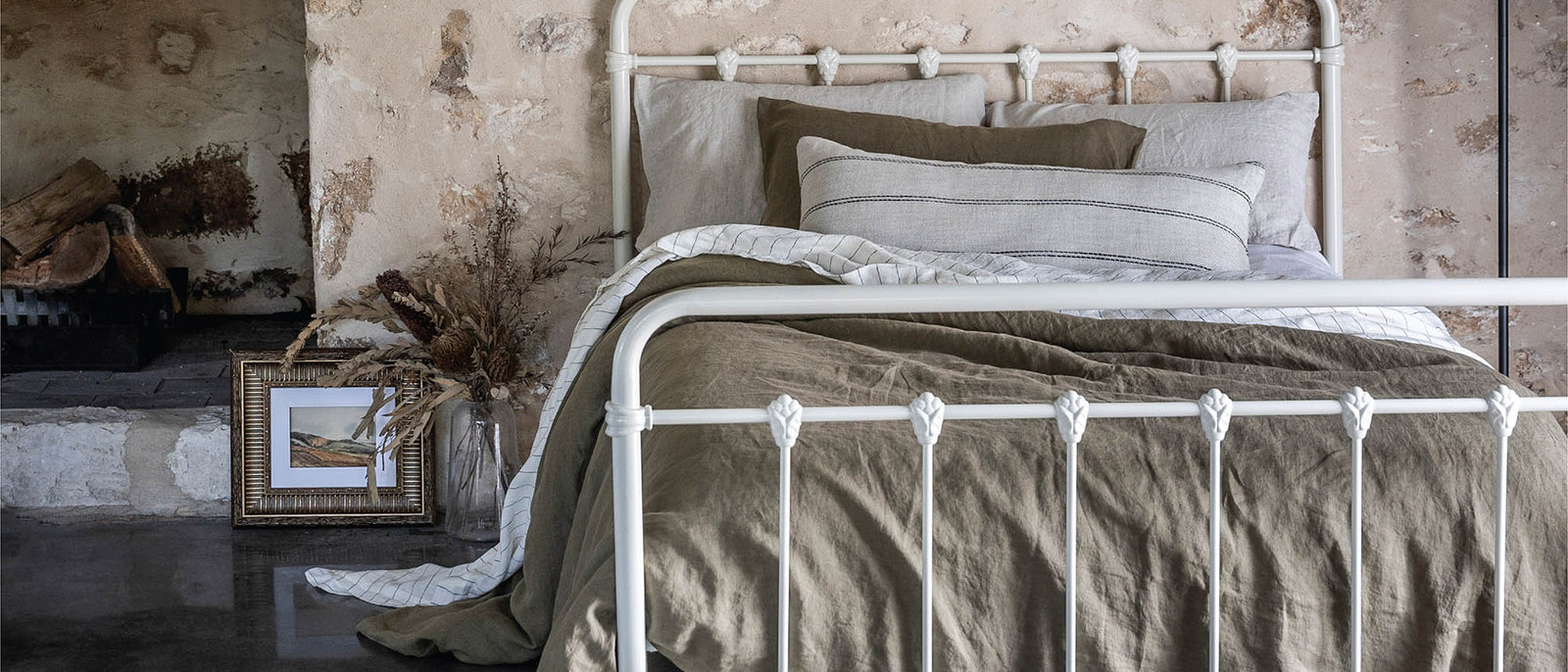Do you wake each day lacking energy and feeling grumpy? Experience poor memory and have difficulty concentrating? Or even simply just have trouble making decisions? Chances are you may be suffering from poor quality sleep.
The Royal Australasian College of Physicians estimate that between 33 - 45 per cent of Australian adults regularly experience inadequate sleep. (1) With sleep now considered as important to our wellbeing as exercise and good nutrition, these statistics are alarming and present an obvious threat to our long term health.
Fortunately, there are several well recognised causes of insufficient sleep and in most instances the problem is easily remedied. Identifying the reasons for your wakefulness is the key to improving your sleep quality. Generally, simple adjustments to your health, lifestyle or sleep environment will solve the issue and you will reap the benefits of deep, restorative sleep in no time.
Five common causes of bad sleep include
- Screen time – Blue light from the screens of our computers, phones and TV’s constantly bombards us, stimulating the brain and affecting the production of our sleep hormone melatonin. Practicing good sleep hygiene helps train your mind to prepare for sleep. Turn off your device at least an hour before bed. Treat yourself and spend your time reading a good book, enjoying a warm bath or sipping a soothing herbal tea.
- Sleep environment – Bright light, external noise and room temperature can all negatively affect sleep quality. Eye masks and ear plugs are great tools if this is your problem. Choosing to sleep with natural fibres can also be useful. If you often wake in a pool of moisture, a wool quilt offers unique moisture management and breathability that can help regulate body temperature and assist with night-time overheating.
- Stress – Daily life can be stressful and many adults report waking worried and anxious, unable to return to sleep with their minds stuck in a negatively spiralling loop. Taking the time to unwind before bed with a gentle exercise routine or a simple meditation can help to calm a racing mind and prepare your body for sleep.
- Health factors – Serious health issues including insomnia and sleep apnoea regularly cause sleep disruption. Other medical conditions like menopause, arthritis or pregnancy and even some medications can also disturb your nights. Your doctor is the best person to speak with if you have any major concerns. At night, minor aches and pains often become more uncomfortable. The deep cushioning layers of a wool mattress topper added to your bed can minimise discomfort - you will sleep longer and wake more refreshed.

- Food and drink – avoid eating and drinking as bedtime approaches. Eating earlier and limiting heavy or spicy food late in the day means your tummy will not be working overtime at bedtime. Drinking too much too late in the evening is also best avoided. Alcohol can be useful for relaxation in small quantities but is also notorious for sleep disruption. Caffeine is a stimulant that will keep you bright eyed and bushy tailed at midnight and of course, even a glass of water is liable to end in a nocturnal trip to the bathroom.













































